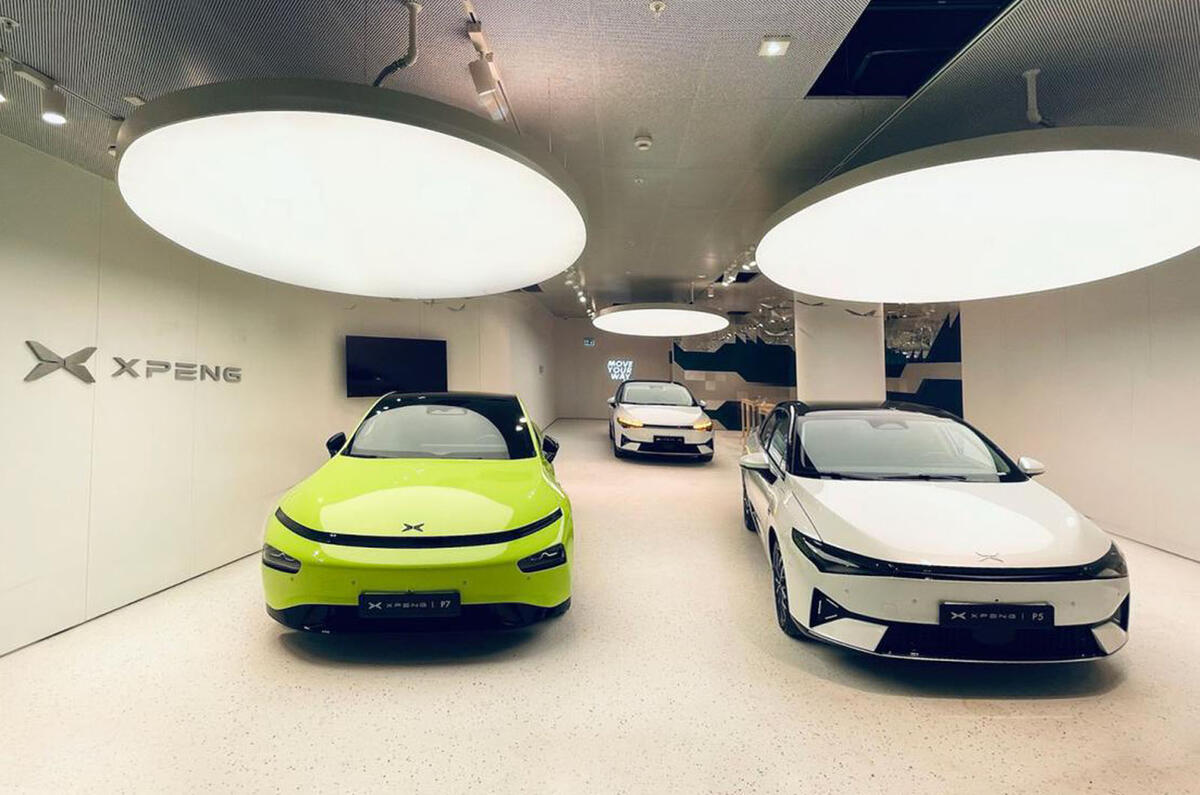Amid the slew of Chinese electric car start-ups that have launched in recent years, Xpeng has undeniably emerged as one of the most interesting.
The company, based in the southern megacity of Guangzhou, has caused quite a stir with bullish sales predictions, some genuinely interesting breakthrough tech on the road and, in the air, the evolution of its frankly remarkable 'flying cars'.




Add your comment